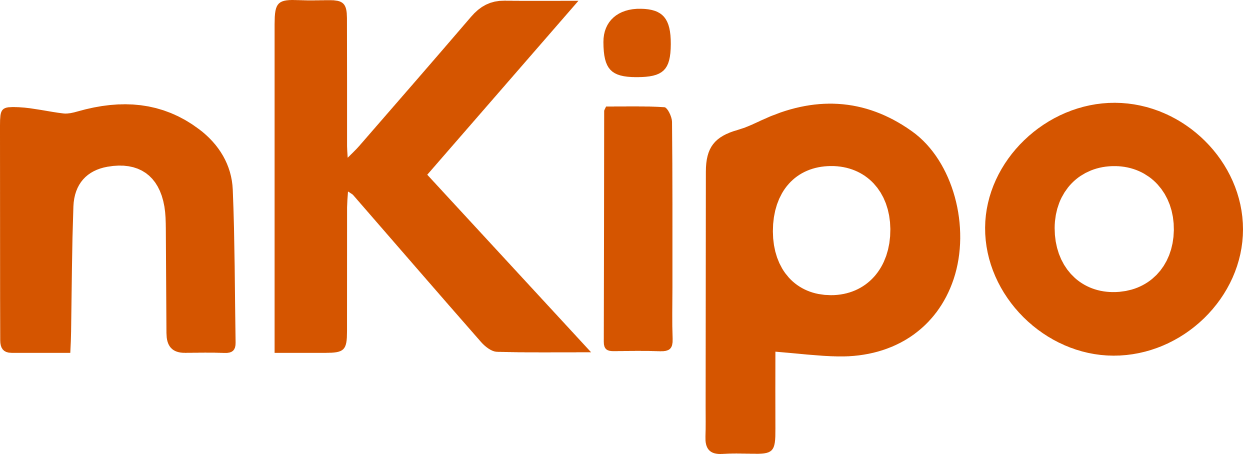Why the “gig economy” has failed workers - and how fluid, collaborative teams can ease the burden
"In today’s world, creativity is a collaborative endeavor. Innovation is a team effort." ~ Walter Isaacson
The gig economy, in theory, is giving people more flexible work hours and arrangements.
As many freelancers have found, though, that freedom is incomplete.
The self-employed among us must work in isolation. Some people may appreciate this challenge, but for others, it’s hard to maintain stability. A freelance graphic designer, for example, often ends up also being their own sales, legal, tax, and finance departments. All the while risking their own capital, acquiring their own tools, and chasing down payments for work they've already done.
So the solution is just to go back to a typical 9-to-5 job, right? Maybe for some. But many people in traditional jobs still face the same problems the gig economy was supposed to solve in the first place: rigid work schedules, mismanagement, and inflexible hierarchies. Even the pace at which your compensation is adjusted is mostly out of your hands--rarely keeping pace with inflation and your work experience. The stress and effort involved with writing cover letters, updating resumes, and the interviewing process leaves people underpaid and stuck in poor fitting jobs. If the gig economy and traditional employment aren't delivering on personalized work, are there better options?
We believe the answer lies in the Collaboration Economy — a concept that leverages the power of teams — to deliver an entirely new kind of work experience. One that is fully personalized.
Organizations’ true value lies in the teams that make them up. A new model of collaboration that facilitates teams working together in this way could provide the benefits and freedom the gig economy was supposed to deliver, but with many of the benefits provided by traditional employment.
Before we discuss our solution, why are teams important in the first place?
Complex Problems Require Collaboration
Often overlooked by contract workers is the limitation working alone has on the type of work you can accomplish.
Current employment models are often built — successfully — to address simple problems. Uber will get you from point A to point B efficiently. But when the complexity of the problem space increases, lone individuals are less and less capable of contributing meaningfully. Teams become necessary for significant progress. Communication and collaboration are necessary to effectively explore which direction to head and the kind of solutions that have traction.
General Stanley McChrystal cements this idea well in his book Team of Teams:
“I once asked Steve Jobs, often mistakenly considered a lone visionary and authoritarian leader, which of his creations made him most proud. I thought he might say the original Macintosh, or the iPhone. Instead he pointed out that these were all collaborative efforts. The creations he was most proud of, he said, were the teams he had produced.”
In a similar fashion, the value delivered on projects to companies — and in turn the value they deliver to their customers — is rarely determined based on individual efforts. Instead, the weakest link determines the max value delivered on a project. It is only through symbiotic teams that the sum can truly be greater than the parts. In other words, it is the quality of a team that will determine the value delivered, not the quality of any one individual within that team.

Social Environments Promote Career Development
Working alone means losing out on a major benefit of traditional work: mentors and coaches. These types of relationships are key in accelerating your growth and developing new skill sets.
In addition, the nature of freelance work can counterintuitively force your career into a pigeonhole. When you have to market yourself as a freelance WordPress developer, it is easy to get pigeonholed into only doing that.
When you work on a team, you are able to market yourselves at a different layer of abstraction. The team does one thing but your role within that team can change and adjust. Additionally, it’s hard to market yourself as both a freelance Wordpress developer and a business consultant. However, when you work on teams that market themselves, you can easily belong to separate teams that provide software development and consulting. Working in teams enables you to have a fluid or changing role behind the scenes while maintaining other marketable services for yourself.
Teams are a safe space for exploring and developing your skill sets. Teams allow us the space and understanding amongst those we are closest with to adjust and change the role we play and the work we do.

Teams Enable Freedom of Choice: Forget Your Weakness, Focus on Your Strengths
Working alone doesn’t mean you get to work on whatever you want. Instead, it usually means you have the responsibility of doing everything yourself.
When you work on a team, each person can focus on what they love doing and can specialize in the things they do best.
Studies show that trying to improve a weakness is far less effective than spending time building up your strengths, which differentiate you from others. Teams allow us to partner up with colleagues whose strengths complement our weaknesses.
Leveraging Teams to Land Bigger Projects
Traditional employment provides meaningful value to workers. However, it is frequently inflexible and capitalizes greatly on one’s hard work.
Take engineering firms as an example. They can sell contracts worth tens of millions of dollars. They often have a team of ~20 different engineers — electrical, structural, civil, environmental, and so on — come together to complete the work at less than half the cost. Those same engineers, if they worked as freelancers, would most likely be hired by those same engineering firms and receive a similar cut of the pie. But if all of the engineers teamed up together, they could compete against those same firms for projects. If they win the bid, they can then keep a much larger share of the pie.
nKipo
For the first time, nKipo allows you to create teams capable of landing more lucrative and complex projects that previously only companies could compete for. However, with nKipo, you don’t have to start a full-fledged company and pay all the overhead costs of starting and running a business. You know what you do best and who you do it best with. nKipo allows you to advertise your powerful, effective teams like never before so you can work for yourself, not by yourself.
Now you can work in a team of your favorite friends and collaborators without the fear of having to hire and maintain their salaries. You can come together for projects and then regroup in new forms and shapes so that everyone in your team can truly personalize the way they work while maintaining healthy social interactions and fulfillment.
Across all different types of industries, you are already working in teams. By soliciting services at a team level, you can cut out the middleman, work with who you want, and get paid as if you were the company you currently work for.

We are social creatures by nature. That means personalizing the way we work to maximize our fulfillment is not only choosing what you do, but who you do it with.
We believe collaboration is key to unleashing your true potential. nKipo allows you to create custom teams and pick projects that align your growth with your interests without long-term employment agreements. In turn, you get full control and freedom over the way you work.
The age of personalization is here — and it’s taking over the workplace.
Do you — and get paid.
Join the movement!
Signing up is not a commitment to leverage nKipo full-time and as your sole source of income.
Signing up is instead a zero-risk step towards taking back control over your work life. That could mean keeping a network of professional relationships, taking on work with a liquid team, or working part-time with a dedicated team as your side gig. But don't be surprised if over time you find you love it enough to take that leap of faith to work full-time through nKipo.

